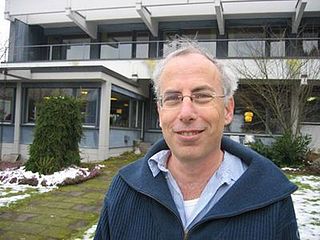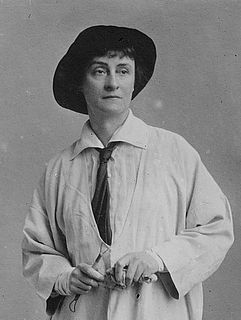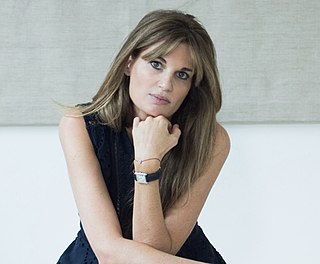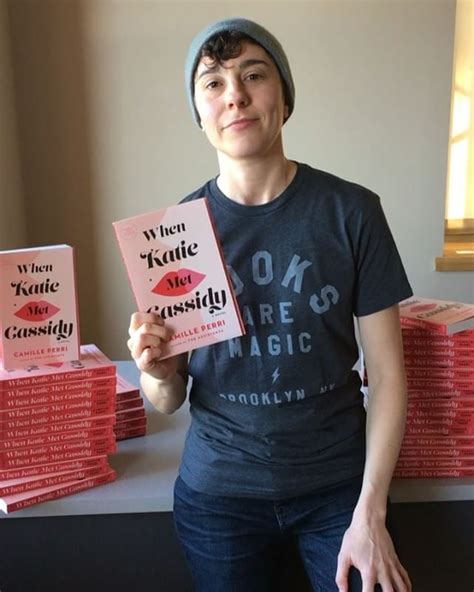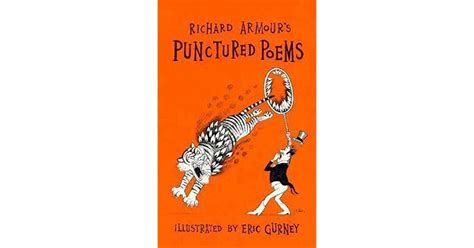A Quote by Chrystia Freeland
The one source of criticism even the most repressive authoritarian leader cannot silence is the outside world. Autocrats are usually thin-skinned and like to be admired, so at least, at first, they often seek to be praised abroad.
Related Quotes
Like musicians who can read and write complicated scores in a world without sounds, for us mathematics is a source of delight, excitement, and even controversy which are hard to share with non mathematicians. In our small micro-cosmos we should ever seek the right balance between competition and solidarity, criticism and empathy, exclusion and inclusion.
I did not suggest that Iran is a democracy; just the opposite. I talked about it being a repressive theocracy. What I think is indisputable is that even within this repressive regime, the political leaders there - including the Supreme Leader - are sensitive to the concerns of the population within bounds.
In silence, we have an opportunity to reflect, listen, and gain new insights about ourselves. In silence, we can think, feel, and most important of all, breathe. When you seek guidance, understanding, clarity, or peace of mind, the first step is to master the art of silence and to rethink the value of solitude.
When I was coming to terms with my sexuality, I often felt like I needed to seek out sanctuary outside of my house, and the library was the first place I went. It was a place that I could go and seek out information and look for answers to questions that maybe I was too afraid to ask another person.
We need a more complex understanding of writers working under authoritarian or repressive regimes. Something to replace this simpleminded, Cold War-ish equation in which the dissident in exile is seen as a bold figure, and those who choose to work with restrictions on their freedom are considered patsies for repressive governments. Let's not forget that most writers in history have lived under nondemocratic regimes: Shakespeare, Tolstoy, and Goethe didn't actually enjoy constitutionally guaranteed rights to freedom of speech.
Giving importance to what we think because we thought it, taking our own selves not only (to quote the Greek philosopher) as the measure of all things but as their norm or standard, we create in ourselves, if not an interpretation, at least a criticism of the universe, which we don't even know and therefore cannot criticize. The giddiest, most weak-minded of us then promote that criticism to an interpretation that's superimposed, like a hallucination; induced rather than deduced. It's a hallucination in the strict sense, being an illusion based on something only dimly seen.
Though Israel may often be deserving of criticism, what is missing is the comparable criticism of equal or greater violations by other countries and other groups. This constant, often legitimate criticism of Israel for every one of its deviations, when coupled with the absence of legitimate criticism of others, creates the impression currently prevalent on university campuses and in the press that Israel is among the worst human rights violators in the world....it is not true, but if it is repeated often enough, it takes on a reality of its own.


